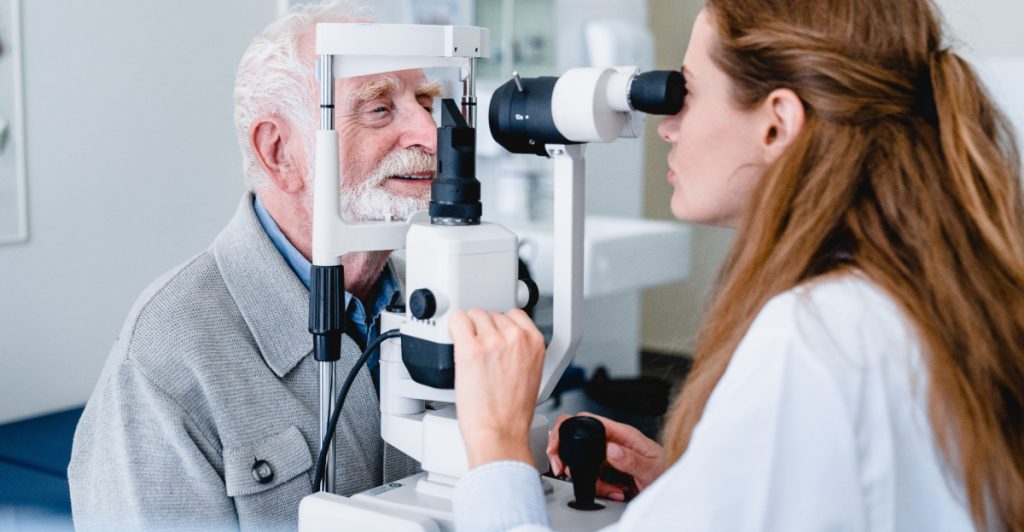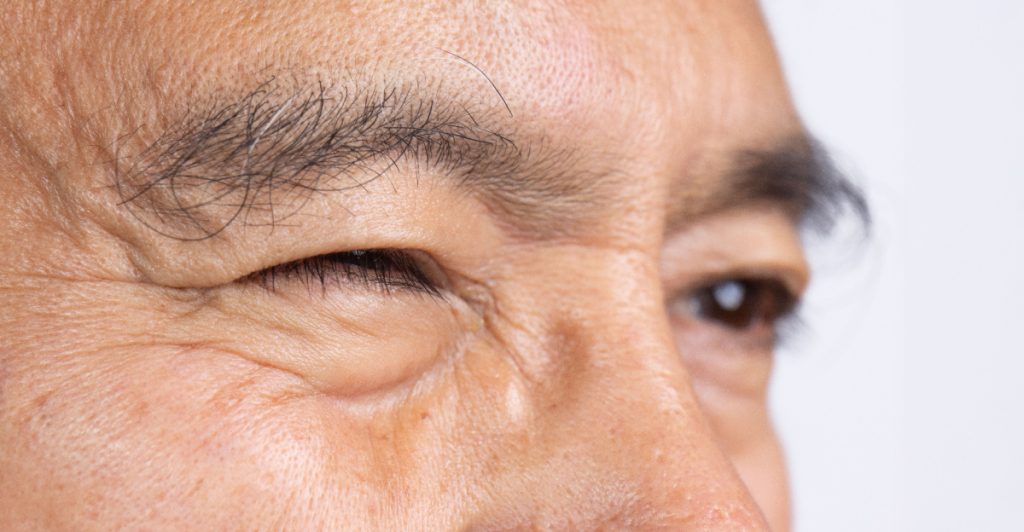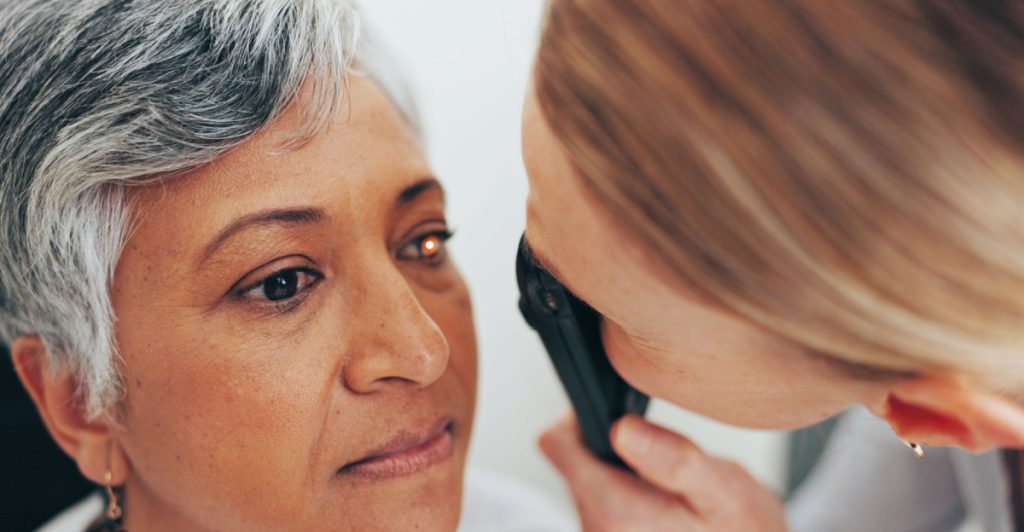UK motorists are being reminded that some medical conditions must be declared to the DVLA — or they could risk fines of up to £1,000 and possible prosecution.
Others are reading now
UK motorists are being reminded that some medical conditions must be declared to the DVLA — or they could risk fines of up to £1,000 and possible prosecution.
Failing to Declare Could Cost You Dearly

The DVLA warns that not reporting a condition affecting your ability to drive could lead to a £1,000 fine. If an undeclared condition causes an accident, prosecution is also possible.
Eyesight Rules for UK Drivers

Drivers must meet visual standards, including reading a number plate from 20 metres, no double vision, and a normal field of vision in at least one eye. Opticians can confirm if you meet these standards.
Conditions That Must Be Declared

The DVLA lists several eye conditions that must be reported if they affect both eyes — or one eye if vision is only present in that eye.
Blepharospasm

A condition causing involuntary blinking or eyelid spasms, which can impair vision and concentration while driving.
Also read
Diabetic Retinopathy (With Laser Treatment)

Laser-treated diabetic retinopathy must be reported, as it can impact sight and driving safety.
Diplopia (Double Vision)

Seeing two images instead of one can significantly affect depth perception and vehicle control.
Glaucoma

If it affects both eyes — or one eye when you have vision in only one eye — it must be declared to the DVLA.
Nyctalopia and Retinitis Pigmentosa

Night blindness (nyctalopia) and the progressive vision loss caused by retinitis pigmentosa are also on the DVLA’s list.
How to Report Your Condition

Motorists can declare online via the GOV.UK website. Those with conditions in both eyes or different conditions in each eye may need to submit form V1 to the DVLA by post.


